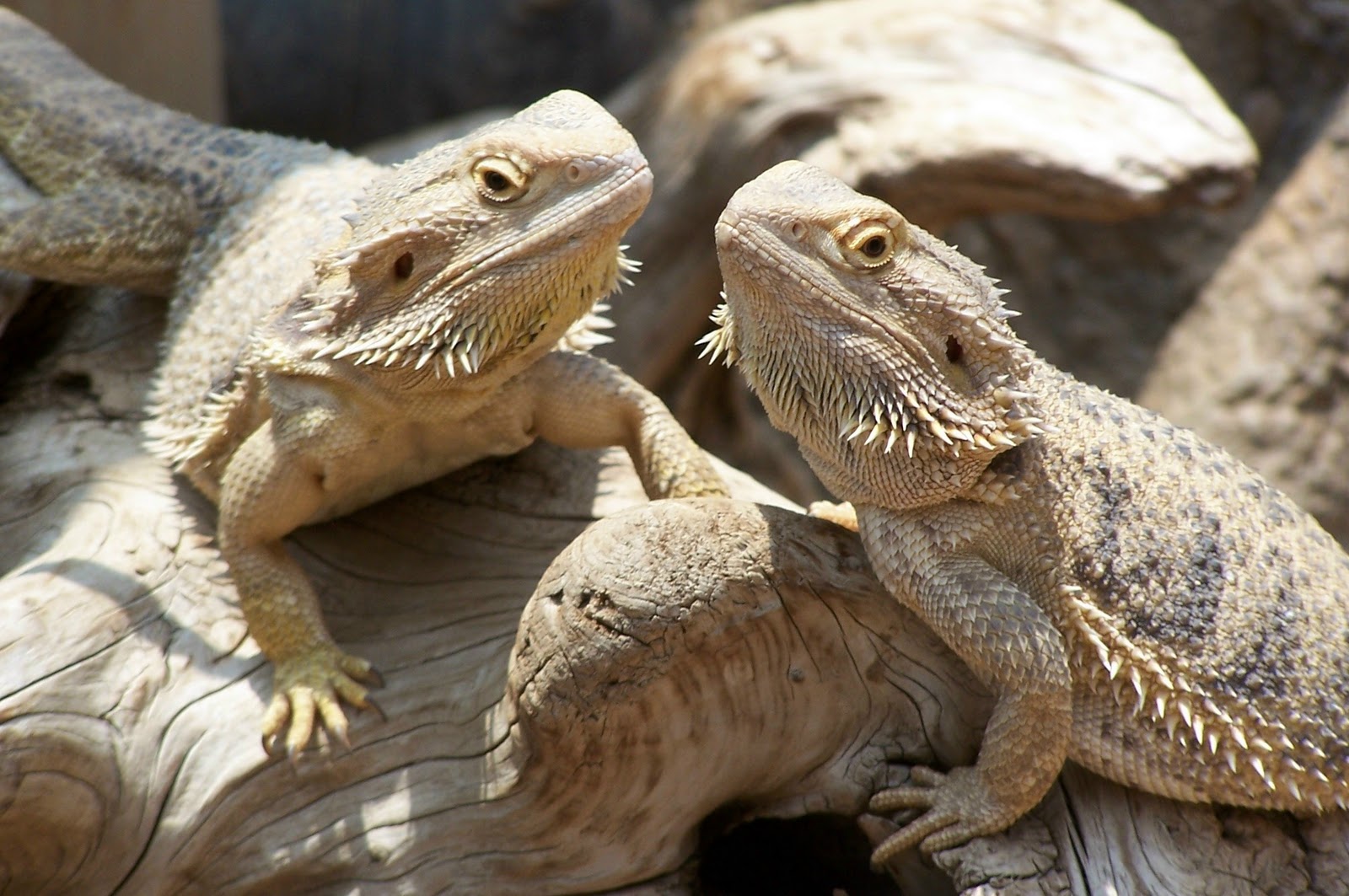The Ultimate Guide to Bearded Dragon Eating Baby Bearded Dragon
Introduction
Bearded dragons are fascinating creatures and are a popular choice for reptile enthusiasts. As you learn to care for your bearded dragon, it’s essential to know all about what they eat, including baby bearded dragons.

Do Bearded Dragons Eat Baby Bearded Dragons?
Bearded dragons are omnivores and need a balanced diet of protein, vegetables, and fruit. While they might not typically eat other bearded dragons in the wild, some captive bearded dragons will eat baby bearded dragons if they are not adequately fed or if they are kept in the same enclosure.

It is essential to mention that feeding your bearded dragon with other bearded dragons’ babies is not recommended, and always ensure that your bearded dragon is adequately fed and provided with sufficient quantities of feeder insects, greens and vegetables.
What Should Baby Bearded Dragons Eat?
Baby bearded dragons have different dietary needs than adult bearded dragons, so it’s essential to know how to differentiate and feed them. While adult bearded dragons need more vegetables and fruit in their diet, baby bearded dragons need a protein-rich diet that consists mostly of feeder insects.

Superworms, crickets, mealworms, and dubia roaches are excellent feeder insects for baby bearded dragons. However, avoid feeding them with any insects larger than the space between their eyes as they could cause bowel impaction or other digestive issues.
It’s also essential to provide fresh, finely chopped greens and vegetables such as collard greens, mustard greens, and carrots. You can dust the feeder insects with calcium powder to provide supplemental nutrition for growing baby bearded dragons.
How Often Should You Feed Your Baby Bearded Dragon?
As mentioned earlier, baby bearded dragons need a protein-rich diet to grow and have higher metabolic rates that need more frequent feeding than adult bearded dragons.

You can feed your baby bearded dragon as many insects as they can eat in a 10-15 minute mealtime, two or three times at the beginning of the day, afternoon, and evening. It’s essential to remove any uneaten insects, feeders or produce to avoid bacterial and fungal growth in their enclosures.
Tips on Feeding your Baby Bearded Dragon
Feeding your baby bearded dragon is not that complicated, but it requires some care and attention to ensure they grow strong and healthy. Here are some tips to keep in mind:
- Feed your baby bearded dragon small, appropriately sized feeder insects.
- Provide fresh, finely chopped greens and vegetables every day.
- Dust the feeder insects with calcium powder and multivitamin supplements to provide adequate nutrition.
- Avoid feeding larger prey items than the space between their eyes.
- Remove any uneaten insects, feeders, or uneaten produce to avoid bacterial and fungal growth.
- Keep a consistent feeding schedule to ensure they are appropriately fed throughout the day.
- Consult with a reptile veterinarian if you notice any abnormal behaviors or feeding issues.

Conclusion
Feeding your baby bearded dragon a balanced diet of feeder insects and greens is essential for their growth and overall health. It’s essential to avoid feeding them other bearded dragons’ babies or larger insects than the space between their eyes to prevent digestive issues. Keep a consistent feeding schedule, remove any uneaten food and provide fresh water at all times. With proper care and attention, your baby bearded dragon will thrive and grow into a beautiful and healthy adult bearded dragon.
